The Union Cabinet, chaired by Prime Minister Narendra Modi, has approved an INR 1,500 crore incentive scheme to develop recycling capacity in the country for the separation and production of critical minerals from secondary sources.
The scheme, part of the National Critical Mineral Mission, is aimed at building domestic capacity and supply chain resilience for critical minerals. The critical mineral value chain comprising exploration, auction and mine operationalization, and acquisition of foreign assets, has a gestation period before critical minerals could be supplied to the Indian industry. In comparison, recycling is a quicker and sustainable way to secure mineral supply.
The Scheme will have a tenure of six years from FY 2025-26 to FY 2030-31. Eligible feedstock is e-waste, lithium-ion battery (LIB) scrap, and scrap other than e-waste and LIB scrap, such as catalytic convertors in end-of-life vehicles.
Expected beneficiaries will be both large, established recyclers, as well as small, new recyclers (including start-ups), for whom one-third of the scheme outlay has been earmarked. The Scheme will be applicable to investments in new units as well as expansion of capacity or modernization and diversification of existing units. The Scheme will provide incentive for the recycling value chain which is involved in actual extraction of critical minerals, and not the value chain involved in only black mass production.
The incentives under the Scheme will comprise 20% Capex subsidy on plant & machinery, equipment and associated utilities for starting production within the specified timeframe, beyond which a reduced subsidy is applicable; and Opex subsidy, which will be an incentive on incremental sales over the base year (FY 2025-26), viz, 40% of eligible Opex subsidy in the 2nd year and balance 60% in the 5th year from FY 2026-27 to FY 2030-31 on achievement of specified threshold incremental sales.
In order to ensure greater number of beneficiaries, total incentive (Capex plus Opex subsidy) per entity will be subject to an overall ceiling of INR 50 crore for large entities and INR 25 crore for small entities, within which there will be a ceiling for Opex subsidy of INR 10 crore and INR 5 crore, respectively.
The Scheme incentives are expected to develop at least 270 kilo ton of annual recycling capacity resulting in around 40 kilo ton annual critical mineral production, bringing in about INR 8,000 crore of investment and creating close to 70,000 direct and indirect jobs.
Nitin Gupta, Co-founder & CEO, Attero, said the Cabinet’s approval of the INR 1,500 crore incentive scheme is a game changer for India’s circular economy and critical mineral security. He added, “Recycling is the fastest and most sustainable way for an Atmanirbhar Bharat that can ensure domestic availability of essential minerals like lithium, cobalt, nickel and rare earth elements without depending on imports. This move will not only boost investments in advanced recycling infrastructure in the country but also accelerate India’s road to achieving circularity, creating green jobs and strengthen the EV and electronics ecosystem. We have been focused on critical mineral recycling for some time now and this additional support will help us expand our infrastructure and strengthen our capabilities further.”
Shubham Vishvakarma, Founder and Chief of Process Engineering at Metastable Materials, said, “The incentive scheme is indeed a big push towards building and strengthening a circular economy for the critical minerals industry. The focus on recycling of lithium-ion batteries and e-waste, indicates clear focus on securing resources for a sustainable future and recognises recyclers and critical metal refiners like us, as partners in national strategy. For innovators in this space, this scheme by the Government of India provides a clear roadmap to scale, modernize, and diversify capacity while also creating green jobs and reducing India’s dependence on imports.”
This content is protected by copyright and may not be reused. If you want to cooperate with us and would like to reuse some of our content, please contact: editors@pv-magazine.com.
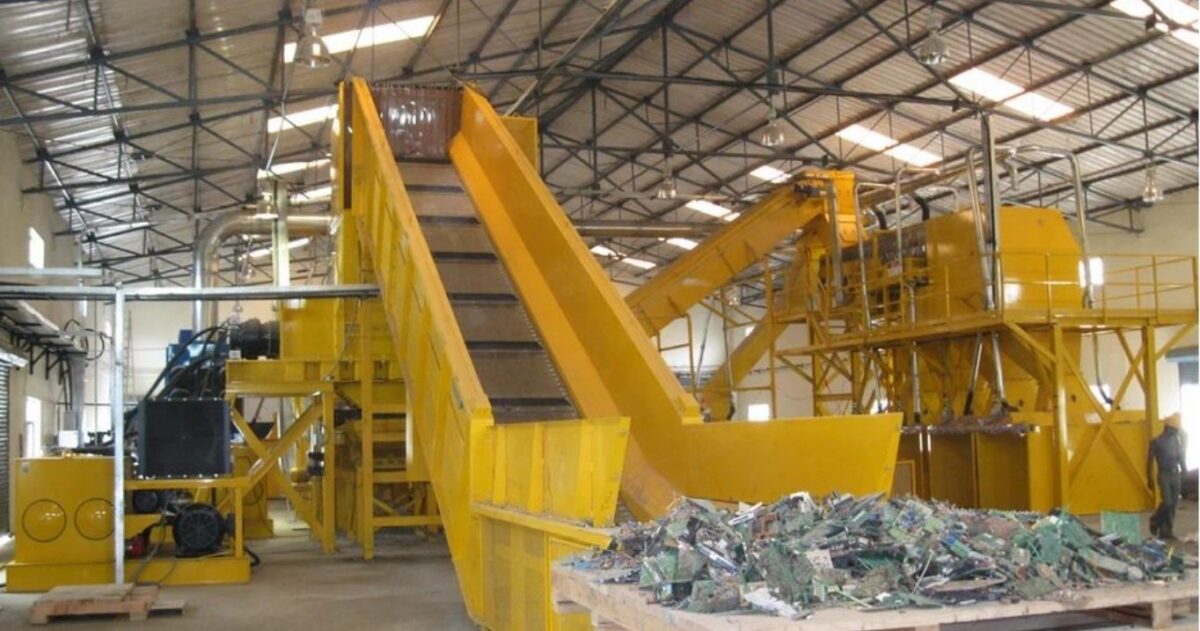
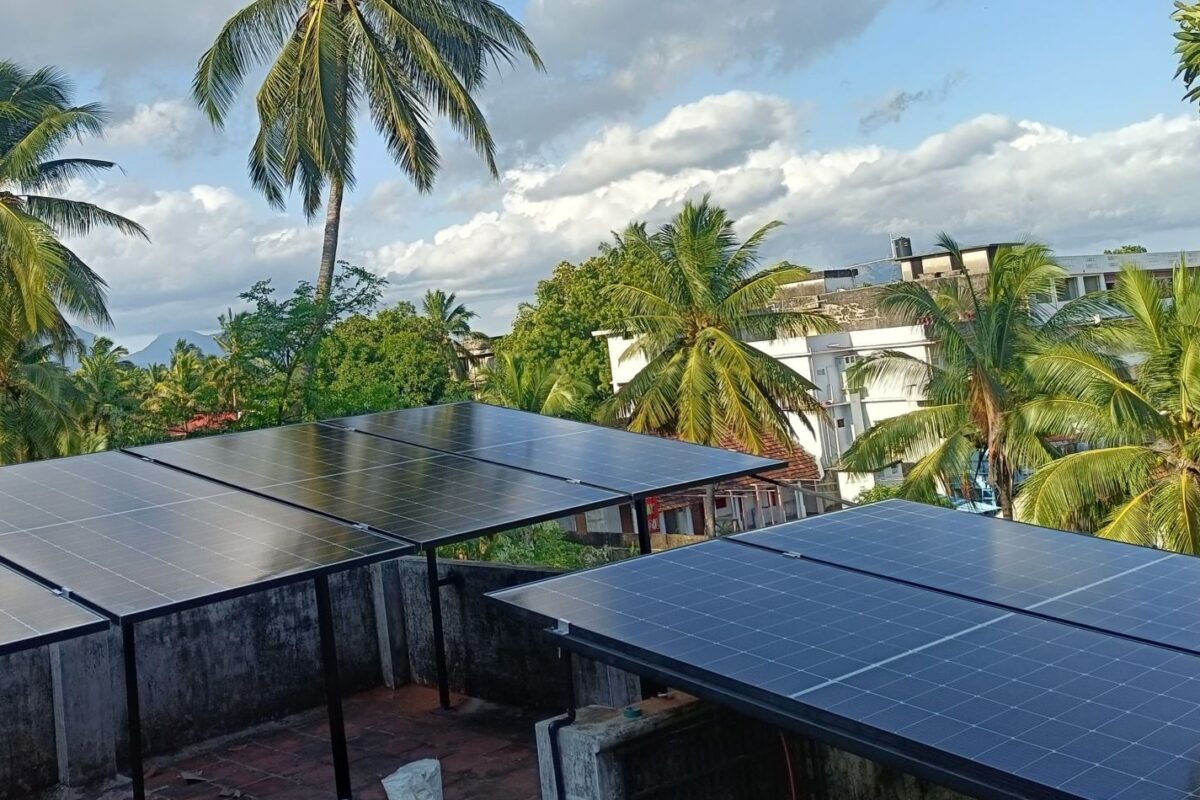


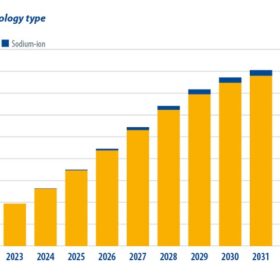
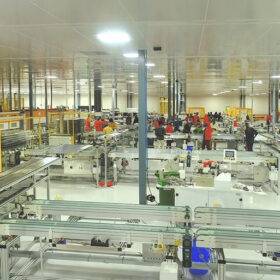
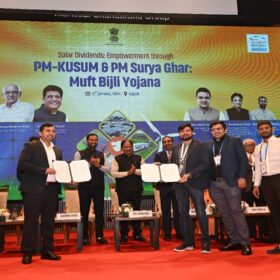
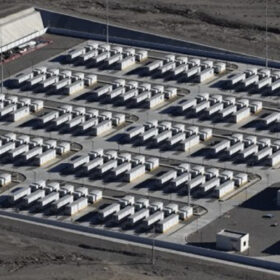

By submitting this form you agree to pv magazine using your data for the purposes of publishing your comment.
Your personal data will only be disclosed or otherwise transmitted to third parties for the purposes of spam filtering or if this is necessary for technical maintenance of the website. Any other transfer to third parties will not take place unless this is justified on the basis of applicable data protection regulations or if pv magazine is legally obliged to do so.
You may revoke this consent at any time with effect for the future, in which case your personal data will be deleted immediately. Otherwise, your data will be deleted if pv magazine has processed your request or the purpose of data storage is fulfilled.
Further information on data privacy can be found in our Data Protection Policy.